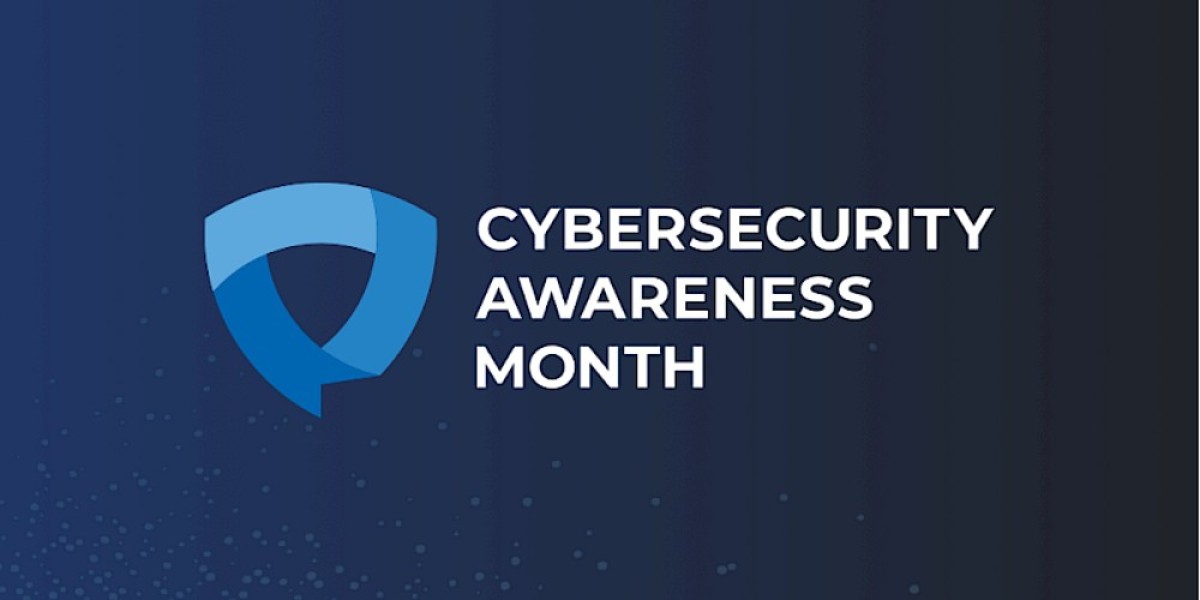For decades, the IQ score has been treated as a static measure of intelligence—a fixed number that supposedly defines a person’s mental potential. But modern psychology and neuroscience are rewriting that old story. Today, the IQ score is no longer viewed as destiny. Instead, it is interpreted as a snapshot of how your mind functions right now, offering valuable insights into how you can think better, learn faster, and strengthen your cognitive abilities.
In fast-paced learning environments, workplaces filled with constant innovation, and a society that prizes adaptability, the ability to grow and improve your mind has never been more important. Understanding your IQ score—what it measures, what it doesn’t, and how to use it—is a powerful step toward becoming a stronger thinker and a genuine fast learner.
This article explores the modern meaning of IQ scores, their strengths and limitations, and how they can serve as a roadmap to boosting mental performance.
Beyond the Number: What an IQ Score Really Represents
An IQ score is often misunderstood. It does not measure creativity, emotional intelligence, motivation, curiosity, or personality. Instead, it reflects your performance across core cognitive domains:
Logical reasoning
Pattern recognition
Spatial understanding
Verbal comprehension
Working memory
Processing speed
These abilities play a major role in how quickly and accurately you interpret information, solve unfamiliar problems, and adapt to new situations.
When you take an IQ test, the score you receive is not a label—it is a measurement of your current cognitive skill set. Just as a fitness test evaluates strength or endurance, an IQ test evaluates your mental mechanics.
This perspective changes everything. Instead of thinking “This score defines me,” you begin asking a more powerful question:
“What does this score tell me about how I think—and how can I improve it?”
Why IQ Scores Have Been Misunderstood
For much of the 20th century, IQ was presented as a fixed trait, leading many people to believe that intelligence could not be developed. This assumption prevented millions from unlocking their full potential.
But science has since revealed:
✔ The brain is highly adaptable
✔ Cognitive abilities can be trained
✔ Mental performance improves with practice
✔ Neuroplasticity continues well into adulthood
This means the old idea of IQ being fixed is outdated. IQ provides information, not limitations.
Today, the purpose of taking an IQ test is not to measure your ceiling—it is to identify your starting point.
A Modern Approach: Using IQ as a Growth Tool
When interpreted correctly, an IQ score becomes a roadmap for strengthening your thinking skills. Instead of focusing solely on the number, examine the underlying components.
1. Understanding Your Strengths
An IQ test highlights your strongest cognitive areas. You may have:
Exceptional pattern recognition
Rapid processing speed
Strong verbal comprehension
Advanced spatial reasoning
These strengths help shape your unique learning style. For example:
A strong visual-spatial thinker learns best through diagrams and mental models.
A strong verbal thinker excels through reading, discussion, and explanation.
A strong logical thinker benefits from step-by-step methods and analytical tasks.
Identifying and using your natural strengths can dramatically increase how efficiently you learn.
2. Targeting Areas for Improvement
Just as athletes train weak muscles, you can train weaker cognitive skills.
If your IQ report shows lower performance in working memory, processing speed, or reasoning, those become targets for improvement—not judgments.
This growth-oriented mindset turns the IQ score into a personal development tool. Weak areas are not flaws; they’re instructions for training.
The Link Between IQ Insights and Becoming a Fast Learner
A fast learner is not someone born with supernatural intelligence. A fast learner is someone who has mastered:
Pattern recognition
Adaptive thinking
Cognitive flexibility
Efficient memory use
High processing speed
These are the same skills evaluated in an iq test. By understanding your IQ results, you can cultivate the exact abilities that support rapid learning.
How IQ Knowledge Accelerates Learning:
1. You focus on the right skills.
Instead of guessing how to improve, your IQ profile tells you exactly what to strengthen.
2. You choose learning strategies that match your brain.
You can study in ways that maximize your natural cognitive style.
3. You train weak areas with precision.
Targeted training leads to faster, more noticeable improvements.
4. You build mental habits that support mastery.
Understanding how you think allows you to think better.
The goal is not to raise your score for its own sake—but to enhance the abilities that make learning easier and faster.
How to Train the Cognitive Skills Behind IQ
You don’t need complicated tools or expensive programs to improve your mental abilities. Small, consistent practices can produce major gains.
To boost processing speed:
Timed puzzles
Mental math
Speed-reading drills
Reaction-time apps
To strengthen working memory:
Memory games
Dual-task exercises
Learning languages
Chunking practice
To build logical reasoning:
Strategy games
Logic puzzles
Coding exercises
Problem-solving challenges
To improve pattern recognition:
Abstract puzzles
Spatial reasoning tasks
Music learning
Chess or similar strategy games
To enhance verbal comprehension:
Reading daily
Summarizing complex texts
Word games
Debate or discussion practice
These exercises gradually strengthen the core abilities that IQ tests measure—and more importantly, they enhance your real-world brainpower.
Rethinking Intelligence: The Rise of Adaptability
Traditionally, intelligence has been defined by how much someone knows. But in the 21st century, intelligence is defined by how quickly someone can learn, adapt, and apply new information.
This is why the concept of being a fast learner has become more valuable than a high IQ score alone. Anyone can build the skills necessary to learn faster:
Embracing curiosity
Taking on unfamiliar challenges
Practicing deliberate learning
Building mental flexibility
Training cognitive endurance
When you rethink your IQ score as a guide—not a limit—you open the door to becoming adaptable, resilient, and intellectually agile.
Why IQ Knowledge Builds Confidence
Understanding your IQ profile has a surprising psychological benefit: it removes mystery from your thinking. Instead of wondering why some tasks are easy and others feel harder, you gain clarity.
This clarity leads to confidence.
You begin to see:
Why certain problem types feel natural
Why some study methods are more effective
Which habits support your growth
How you can improve deliberately
That intelligence is not fixed or “assigned”
That your brain can grow stronger with effort
Confidence is not just a feeling—it fuels motivation, discipline, and perseverance, which contribute far more to long-term success than a number on a chart.
IQ in the Real World: What Actually Matters
High IQ alone does not guarantee success. People thrive when they combine cognitive ability with:
Emotional intelligence
Creativity
Consistency
Curiosity
Adaptability
Work ethic
Social awareness
A person with average IQ but high discipline often outperforms a highly intelligent person who lacks focus.
This is why rethinking the IQ score is so important. Instead of treating it as the defining measure of intelligence, treat it as one ingredient in a much larger recipe.
The outcome of your life depends on how you use your mind—not just how it is measured.
Conclusion: Use the Score, Don’t Fear It
Rethinking the IQ score means embracing a modern, practical approach to intelligence—one that is dynamic, flexible, and focused on growth.
By understanding the results of an IQ test, you gain:
A deeper awareness of your mental strengths
A clear view of your cognitive blind spots
A roadmap for training your abilities
The foundation for becoming a fast learner
The confidence to pursue intellectual challenges
The knowledge to reshape your thinking patterns
The tools to strengthen your brainpower over time
Your IQ score is not a verdict. It’s a starting point.
When you use it as a guide—not a label—you unlock a transformative path toward stronger thinking, faster learning, and a more powerful and adaptive mind.







